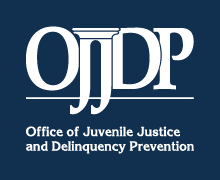The Association between Treatment Components and Mental Health Outcomes Among Young Children Exposed to Violence
Journal
Date Published
2022
Agencies
OJJDP-Sponsored
Publication Type
Research (Applied/Empirical)







